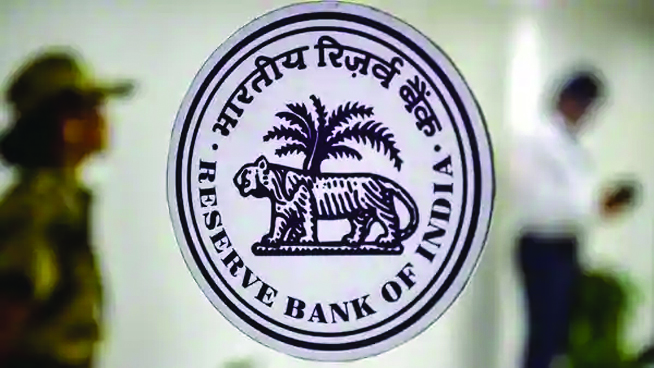Compliance officers: RBI issues norms for banks
The Reserve Bank of India has prescribed guidelines for ‘Compliance Functions in Banks’ and creating a ‘Role of a Chief Compliance Officer’ to bring uniformity of approach and to align the supervisory expectations from CCOs with best practices. These guidelines cover policy (which should be reviewed at least once a year), tenor and appointment of a CCO, and reporting requirements and duties and responsibilities of the compliance function, among others.
The RBI observed that banks currently follow diverse practices vis-a-vis ‘compliance the functions and the role of CCO’.
In a bid to protect the interest of depositors, the Lok Sabha passed an amendment to the Banking Regulation Act to bring cooperative banks under the supervision of the RBI.
The Banking Regulation (Amendment) Bill, 2020 replaces an ordinance that was promulgated on June 26.
Replying to the debate on the bill, Finance Minister Nirmala Sitharaman said this legislation is for depositors’ safety and not for undermining powers of the Registrar of Cooperative Societies.
Powers of the Registrar of Cooperative Societies have not been encroached upon but banking activity of cooperatives will be regulated by the Reserve Bank of India (RBI), she said.
Urban cooperative banks and multi-state cooperative banks will be brought under the RBI’s supervision process applicable to commercial banks.
There are about 1,482 urban cooperative banks and 58 multi-state co-operative banks with a depositors base of about 8.6 crore



